This Abaqus laser welding simulation lets you model realistic thermal welding behavior using native Abaqus features — no DFLUX or user subroutines required. The heat input is applied through surface flux over a predefined weld path, giving you a simple yet effective way to study temperature distribution, heat-affected zones, and residual stress formation.
The simulation is originally created in Abaqus 2024 but fully tested and compatible with Abaqus 6.14-2. You’ll receive .cae and .inp files for both versions, allowing direct import or full customization of the model. Whether you’re studying laser welding or adapting the model for arc welding, this is a clean, ready-to-run setup with no plugins, no scripts, and no headaches.
Featured in the YouTube video The Best Welding Simulation in Abaqus (0 Subroutines Needed!), this package is perfect for researchers, students, and engineers looking for a quick-start laser welding model that actually works.
✅ What You’ll Get in the Download (ZIP):
– Welding2024.cae – Fully built model for Abaqus 2024
– Welding_6.14.cae – Version for Abaqus 6.14-2
– Welding.inp – Clean input file for direct rebuild or job submission
– README.txt – Setup and usage instructions
🎓 Learning Outcomes:
– Simulate laser welding in Abaqus without subroutines
– Apply realistic surface heat flux along a welding path
– Analyze thermal gradients and residual stresses
– Modify and reuse the model for TIG or arc welding workflows
– Save hours of setup with a tested thermal model
📂 How to Use:
Open CAE:
→ File → Open → Welding2024.cae (or Welding_6.14.cae)
Import INP:
→ File → Import → Model → Welding.inp
📺 Watch the Full Tutorial:
See how this exact simulation works step-by-step:
https://www.youtube.com/watch?v=TRVun3QysN8&ab_channel=FEAMaster
☕ Support the Channel and Save Time:
Skip the long setup and get straight to results with this clean Abaqus welding model — validated, editable, and ready to run.
Refund Policy
🚫 No refunds. This is a digital product. All sales are final.
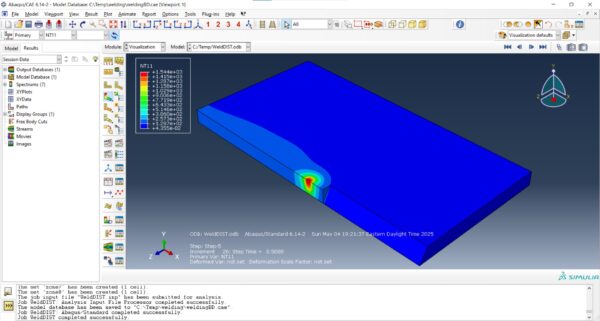
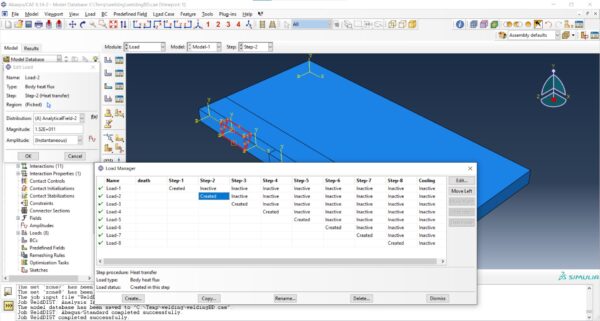
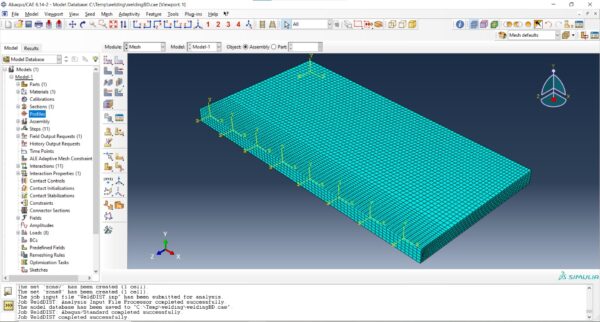
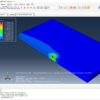
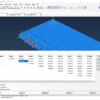
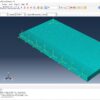

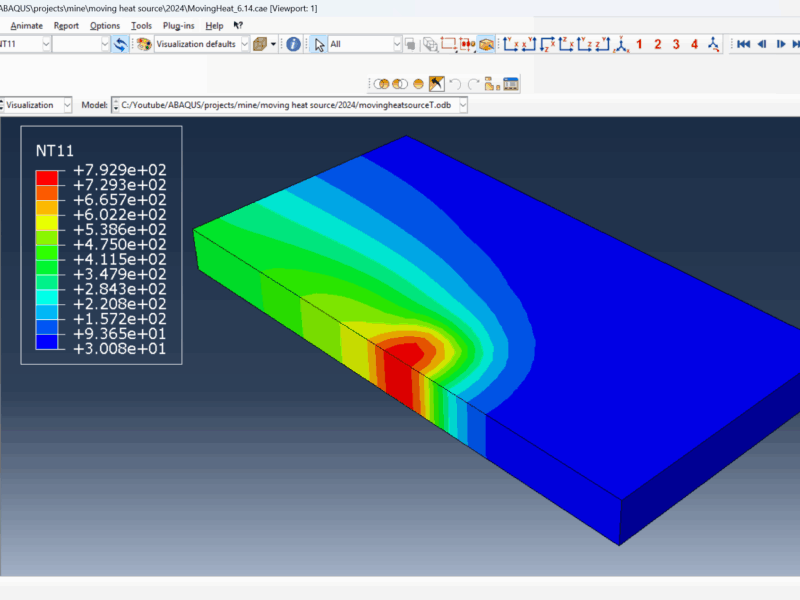
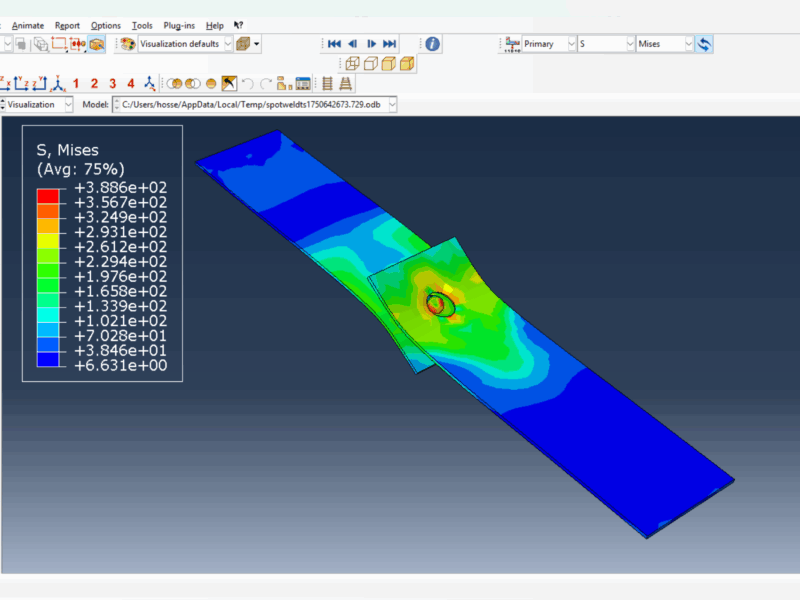
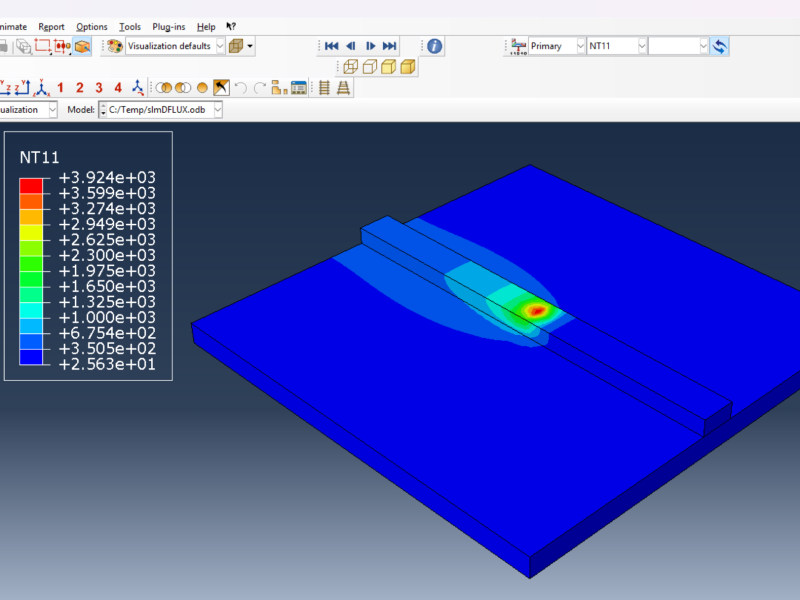
Reviews
There are no reviews yet.